Did you know that the time you have existed on Earth doesn’t indicate how old you are?
In recent years, thanks to advancements in health maintenance, more and more people have been introduced to the concept of biological age, a more accurate tally to calculate lifespan and evaluate a person’s aging process throughout a lifetime.
It means that time and birthday may not be enough to tell your true age, but biological age tests and other epigenetic assessments will give you a better idea of your actual age.
Learn more about biological age tests and how they predict a person’s age and health risks.
Find Out What Your Biological Age Reveals About Your Health
Biological Age vs. Chronological Age
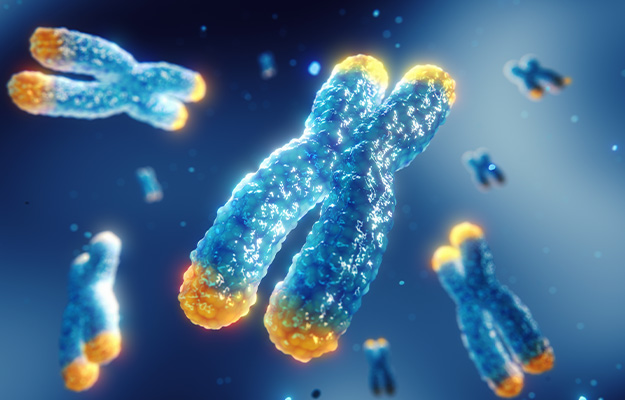
Before diving deeper into chronological age and biological age, it’s essential to understand their definitions.
Chronological age refers to the number of years, months, or days we have been alive since birth. In contrast, biological age is the rate indicating how old our cells and tissues are as we age every day.
Biological age is flexible and can fluctuate with lifestyle improvements and medical interventions; chronological age stays fixed.
So, what does it mean when it comes to determining the true age of someone? According to scientists and researchers, biological age is a much better, more accurate tally to tell how old someone is. It helps assess the risk of several health conditions and illnesses.
Biological age can be higher, lower, or equal to actual age, depending on lifestyle choices and environmental factors a person is exposed to every day.
A person with a biological age lower than chronological age means they are fit and healthy, even at middle age and over. Conversely, biological age is higher than the age counted by birthdays, implying that a person is more likely to have a poor lifestyle where they are inactive and have an unhealthy diet.
Measuring Biological Age: What Is a Biological Age Test?
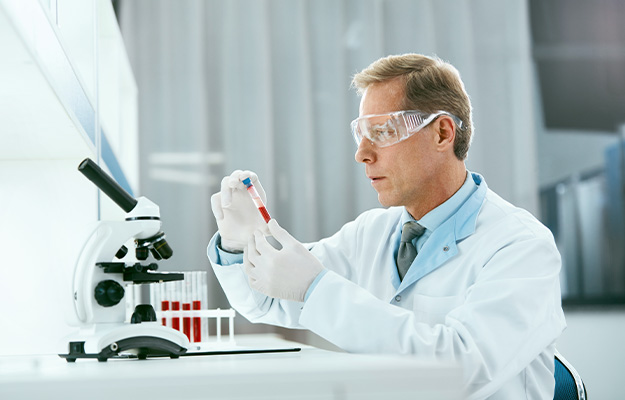
Measuring chronological age is simple. All you need is a calendar, a birth certificate, and a calculator. However, determining biological age is an intricate process involving advanced tests to dissect a person’s cellular function and structure.
A biological age test is a novel technology with the predictive power to reveal the true age of someone with a sample of their saliva, urine, or blood.
The mechanism behind tests calculating biological age includes using one of the different testing technologies and considering various factors, such as biomarkers, genetic markers, lifestyle habits, and cellular health, to estimate biological age.
Consumers collect their DNA by swabbing their cheeks and sending the samples to the company. The result should be returned within a few weeks.
The age reading aims to give consumers a deeper understanding of their overall health, including their aging rates and what organs are declining.
Biological Age Test: Impacts on Overall Health and Wellness
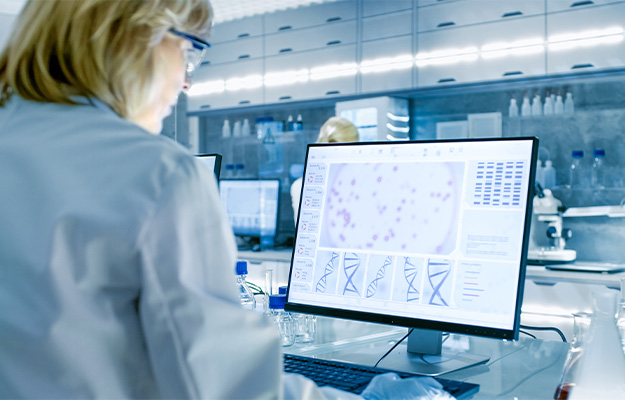
For a very long time, humans have been hooked on the concept of delaying and reversing aging, reflected by many techniques, methodologies, and pharmaceutical interventions introduced with the promise to prolong life expectancy and prevent the development of chronic diseases.
Regarding biological age tests, the test result provides consumers with the potential to understand their bodies’ needs better, take control of their health, and fend off the detrimental effects of aging. It helps them incorporate and make much-needed adjustments to optimize their overall health and wellness, mitigating the risk of illnesses and chronic diseases.
Measuring Biological Age: Differentiate Testing Methods
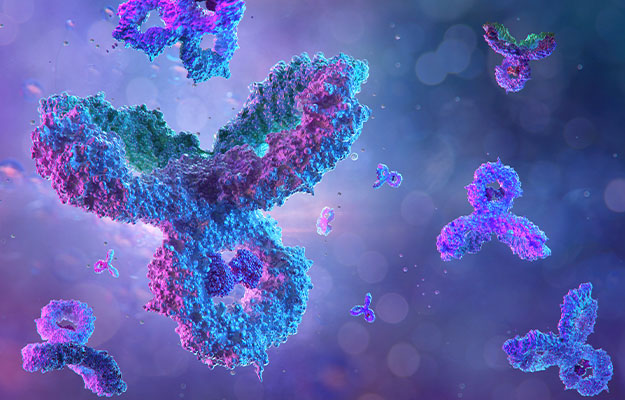
Following increased interest, numerous biological age tests have been designated to help people discover their biological age. Some of the most common types of testing methods to determine biological age are:
- DNA Methylation: The test based on DNA methylation helps indicate biological age by examining changes in DNA expression and analyzes specific human genomes that indicate biological age.
- IC NAD+: Nicotinamide adenine dinucleotide (NAD+) is a coenzyme found in every living cell of the human body and other living organisms. NAD+ ensures that cellular homeostasis is maintained. Despite limited research on humans, NAD+ has been alleged to be essential for the aging process. Measuring NAD+ levels in the blood helps doctors gain insight into a person’s function at the cellular level, as NAD+ tends to decline over time.
- IgG Glycome: Glycans are sugars necessary for cellular communication. The level of glycans is more likely to drop over the years when we have illnesses and are exposed to environmental factors and pollutants. The test involves measuring the number of glycans sitting on the IgG antibody, indicating biological age and giving insight into the effectiveness of lifestyle adjustments.
- Blood Transcriptome & Gut Microbiome: The gut microbiome analysis indicates biological age by inspecting the changes in gut bacteria. A blood transcriptome estimates biological age by tracking movements and measuring clinical biomarkers associated with aging in blood.
- Telomere Length Measurement Test: This test uses techniques, like quantitative polymerase chain reaction, to measure the length of telomeres, revealing biological age. Telomeres are protective caps covering the ends of chromosomes. The longer the telomeres, the better. Conversely, shorter telomeres put the chromosomes in a vulnerable position where they are susceptible to illnesses and diseases.
Factors Affecting Biological Age
As discussed above, biological age is changeable over the years, depending on a person’s lifestyle choice and exposure to several environmental factors.
Factors that affect a person’s physiological age include:
- Poor nutrition
- Sleep disruption or insomnia
- High levels of stress
- Mental health disorders
- Emotional health issues
- Lack of exercise and physical activities
- Increased alcohol intake
- Prolonged smoking
- Frequent exposure to toxins and pollutants
- Unstable romantic and sexual relationships
Is It Possible to Decrease Biological Age?
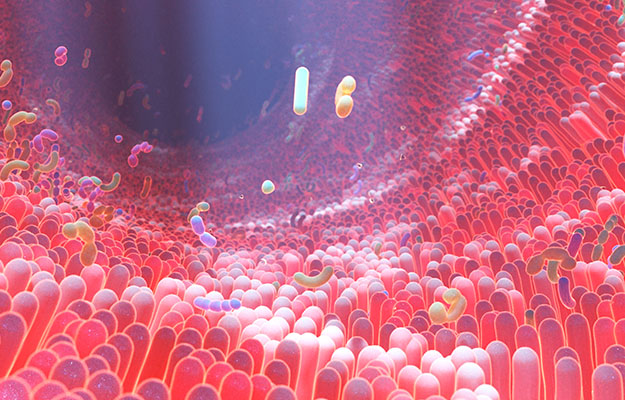
A better understanding of biological age has made many wonder if it is possible to decrease their biological age. While chronological age is unchangeable for the rest of our lives, several wellness studies have demonstrated that we can actually rewind our biological clock, decreasing biological age.
So, how do we reverse biological age? As mentioned earlier, lifestyle choices and environmental exposure all factor in a person’s true age. It indicates that decreased biological age can be achieved by changing habits and avoiding certain toxins.
- Exercise regularly
- Eat a healthy, plant-based diet
- Eat a gut-beneficial diet
- Get adequate sleep
- Increase antioxidant intake
- Control stress levels
- Cultivate positive mindsets
- Engage in social activities

